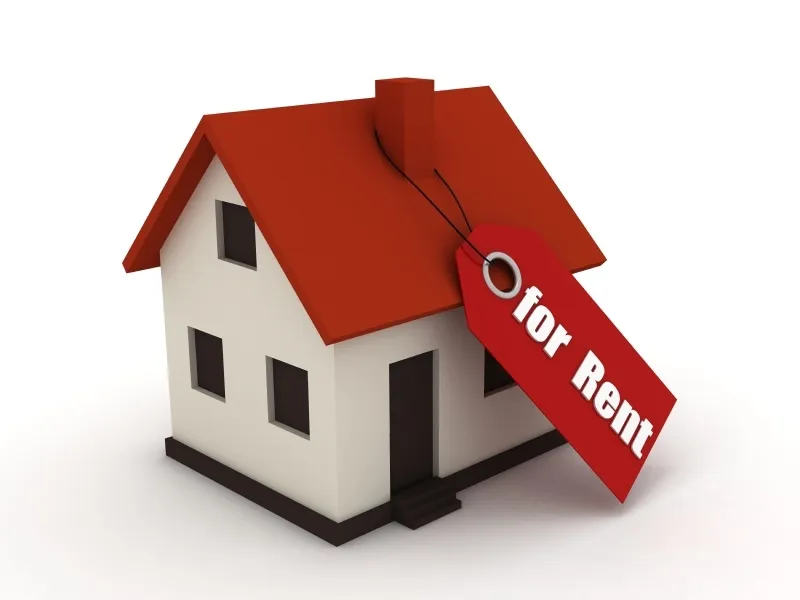Pros and Cons of Investing in a Rental Property
Buying rental property can be one of the most secure and fastest ways to build wealth. However, before you begin your entrance into real estate investing you should consider the following pros and cons.
Main advantages:
1. Tax advantages
You can deduct certain expenses from your income – reducing the taxes you owe. Deductions can include mortgage interest, property taxes, insurance, utility bills, maintenance/upgrades, and property management fees.
2. You may be able to deduct losses for tax purposes
If your expenses exceed your rental income, you may be able to deduct that loss from any other sources of income you have. This could reduce your total tax bill.
3. You get a regular monthly income
Other kinds of investments may pay out less often or income may be less predictable.
4. Real estate value usually appreciates over time.
You may end up with a sizable profit when you sell your property after a few years. However, this is only true as a long-term investment.
As a landlord, you can deduct certain property expenses from your income – reducing the taxes you owe. If your expenses exceed your rental income, you may be able to deduct that loss from any other sources of income you have.
Key disadvantages:
1. You take on the responsibilities and challenges of a landlord
Rental units need repair – sometimes on an emergency basis. Dealing with tenants can be challenging, especially if they don’t pay their rent on time and cash flow is tight. If you hire a property manager to take care of these things for you, their salary is an added cost.
2. It may be difficult and costly to sell the property later
Real estate is not a liquid investment. That means it can take time to sell, depending on market conditions. It can also be costly to sell due to real estate and legal fees.
3. It may be difficult to finance the purchase
You must have a down payment of at least 20% when you buy a second property. You may need a mortgage. And, you will have high monthly expenses to cover when you own a building. Of course, you hope the income you receive from your tenants will cover this.
Buying and then renting a property is a lot more complicated than investing in stocks and bonds. Talk to an accountant, lawyer, mortgage broker, or other financial expert about how it may affect your taxes and financial situation, and be sure it is going to be a worthwhile investment for you.

